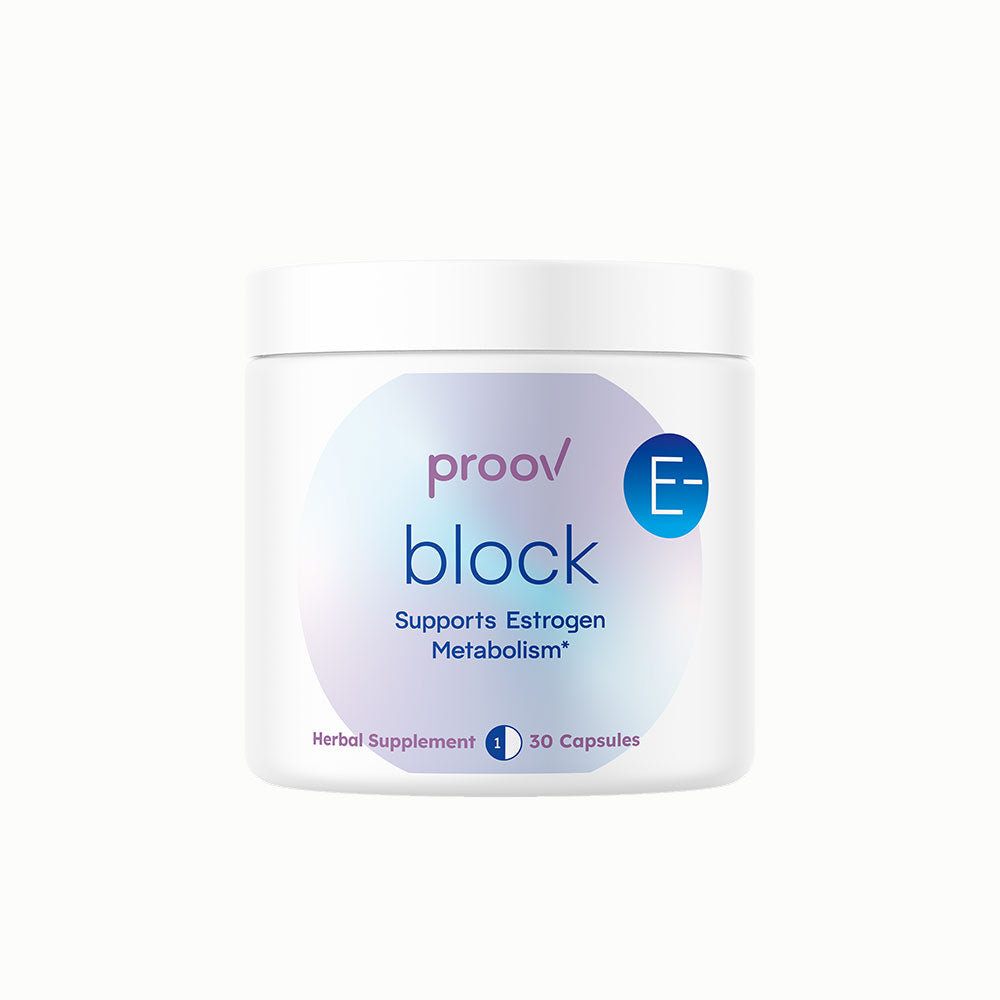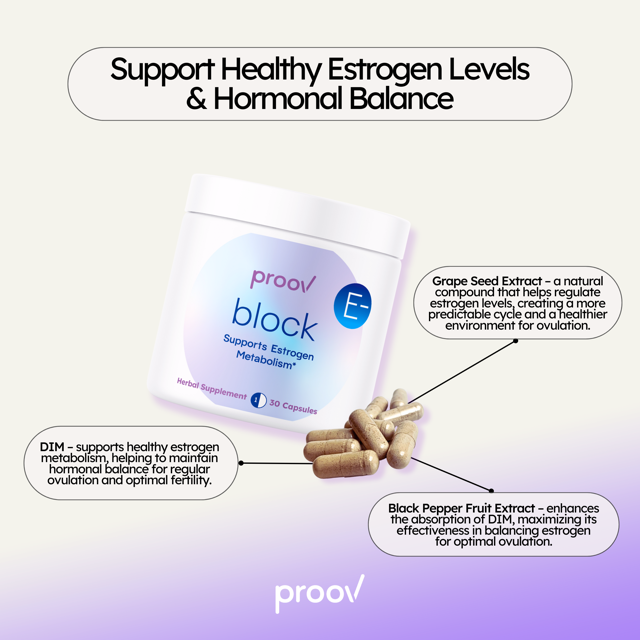June 2, 2025
Written by: Imen Clark – Founder and CEO of Prickly Pear Health
Every 65 seconds someone develops Alzheimer's, and ⅔ of the time, it's a woman. (Source: Alzheimer's Research Foundation)
This isn't just a statistic, it's a wake-up call. While much of the conversation around prevention focuses on genetics and general lifestyle factors, we're missing a crucial piece of the puzzle: the unique relationship between women's hormones and brain health. The reality is that women face distinct biological challenges that make them more vulnerable to cognitive decline, yet these differences are rarely addressed in mainstream prevention strategies.
Understanding Alzheimer's Disease
Alzheimer's is the most common type of dementia, characterized by memory loss and cognitive impairments severe enough to interfere with daily life. The disease develops gradually over many years, with new research revealing that the "silent phase" can start in midlife, taking even decades to become symptomatic (Source: Nature October 2024). It progressively affects various brain functions including memory, thinking and reasoning, language, and behavior.
What makes this particularly concerning for women is that over 60% of women in perimenopause report experiencing brain changes i.e. mood swings, anxiety, depression, mental fatigue, and brain fog. Groundbreaking research conducted by a team led by Lisa Mosconi, Ph.D., author of The XX Brain and Your Brain on Menopause, showed that menopause leads to structural changes in the brain that for some women appear to become permanent.
The Missing Link: Hormones and Women's Brain Health
The conversation that's been missing from mainstream Alzheimer's prevention is the critical dialogue between the brain and the ovaries: a connection that extends far beyond reproductive function. Estrogen for example, often thought of solely as a reproductive hormone, plays a vital role in brain health and cognitive function.
As women approach menopause and estrogen levels decline, the brain enters a vulnerable state. This hormonal shift impacts sleep quality, memory consolidation, and overall cognitive function, potentially elevating the risk of developing Alzheimer's later in life. The loss of estrogen's neuroprotective effects creates a perfect storm that puts women's brains at higher risk.
That's why understanding your hormones during the perimenopausal transition is so important. Tools like Proov Empower -- an at-home hormone test designed specifically for women in perimenopause -- can help identify key shifts in estrogen and progesterone levels. By tracking your hormones regularly, you can better understand how these changes may be affecting your brain health and take proactive steps toward balance.
This disparity isn't just about living longer than men. There are fundamental biological differences that make women more susceptible to this disease, and some researchers are currently working to understand these mechanisms better.
Beyond Genetics: The Power of Precision Lifestyle Medicine
For too long, we've focused on genetic predisposition while overlooking the powerful role that daily lifestyle choices play in brain health. The truth is, while we can't change our genes, we can dramatically influence how they're expressed through precision lifestyle modifications implemented on a daily basis.
Modern technology now allows us to track and analyze patterns in our behavior, sleep, exercise, and even speech patterns to personalized recommendations for optimal brain health. Innovative apps like Prickly Pear (Available here on the App Store), newly launched to champion women's brain health starting with women in perimenopause, are leading this revolution alongside other breakthrough leaders. By understanding how our bodies respond to different stimuli and stressors, we can make targeted adjustments that support cognitive function and potentially lower the impact of these deadly diseases that are disproportionately prevalent in women.
3 Essential Strategies for Alzheimer's Prevention
While brain health experts typically discuss six pillars of brain health, for practical daily implementation, we organized them into three manageable categories that every woman can start addressing today:
1. What You Consume: Nourishing Your Brain
Your brain is incredibly sensitive to what you feed it, and this goes beyond just food. Consider these consumption categories:
Nutrition:
While there's abundant information about nutrition, focus on anti-inflammatory foods rich in omega-3 fatty acids and antioxidants. Mediterranean-style diets have shown particular promise in reducing Alzheimer's risk by supporting brain health through diverse, lean protein, nutrient-dense foods.
Media and Information:
Just as junk food affects your body, consuming negative or stressful media can impact your brain health. Be intentional about what information you absorb daily, choosing content that uplifts and educates rather than creates chronic stress.
Mental Stimulation:
Engage in activities that challenge your cognitive abilities: reading, learning new skills like a language or musical instrument, solving puzzles, or engaging in meaningful conversations that stimulate neural pathways and promote neuroplasticity.
2. Who You Surround Yourself With: The Power of Connection
Human connection isn't just nice to have: it's essential for brain health. Research consistently shows that strong social connections and a sense of belonging play crucial roles in neuroplasticity and cognitive resilience.
Community Engagement:
Actively participate in community activities that align with your values and interests. Whether it's volunteering, joining clubs, or maintaining close friendships, social engagement stimulates the brain in ways that solitary activities cannot.
Supportive Relationships:
Surround yourself with people who support your growth and well-being. Toxic relationships create chronic stress, which is particularly detrimental to brain health for women experiencing hormonal transitions.
Intergenerational Connections:
Engage with people of different ages. Teaching others or learning from different generations provides unique cognitive stimulation and a sense of purpose that supports long-term brain health.
3. How You Use Your 24 Hours: Optimizing Your Daily Rhythm
The way you structure your day has profound impacts on brain health, particularly regarding sleep, movement, and stress management.
Sleep Quality:
Prioritize 7-9 hours of quality sleep. During the menopausal transition, when sleep disturbances are common, focus on sleep hygiene practices that support hormone regulation and memory consolidation.
Purpose-Driven Work:
The Japanese call it ikigai: finding what you love and what gives your life meaning. Engaging in work or activities that align with your purpose and passions supports cognitive health and emotional well-being.
Physical Movement:
Regular exercise increases blood flow to the brain, promotes the growth of new neural connections, and helps regulate hormones. You don't need intense workouts: consistent, moderate activity like walking, swimming, or yoga can be incredibly beneficial. Resistance exercise, in particular, shows promise for cognitive protection.
Stress Management:
Chronic stress accelerates cognitive decline, particularly in women. Incorporate daily stress-reduction practices such as meditation, deep breathing, or mindful movement into your routine.
Minimize Toxin Exposure:
Be mindful of environmental toxins that can accumulate in the brain over time. This includes choosing clean personal care products, filtering your water, and being aware of air quality in your living and working spaces.

Taking Action Today
The beauty of these strategies is that they're entirely within your control and can be implemented immediately. You don't need to wait for genetic testing or complex medical interventions, you can start protecting your brain health today.
Remember, preventing Alzheimer's isn't about perfection; it's about making consistent, informed choices that support your brain's long-term health. By understanding the unique challenges women face and addressing them proactively, we can significantly reduce our risk and maintain cognitive vitality throughout our lives.
The conversation about women's brain health is finally beginning, and it's time we take center stage in protecting our cognitive future.












